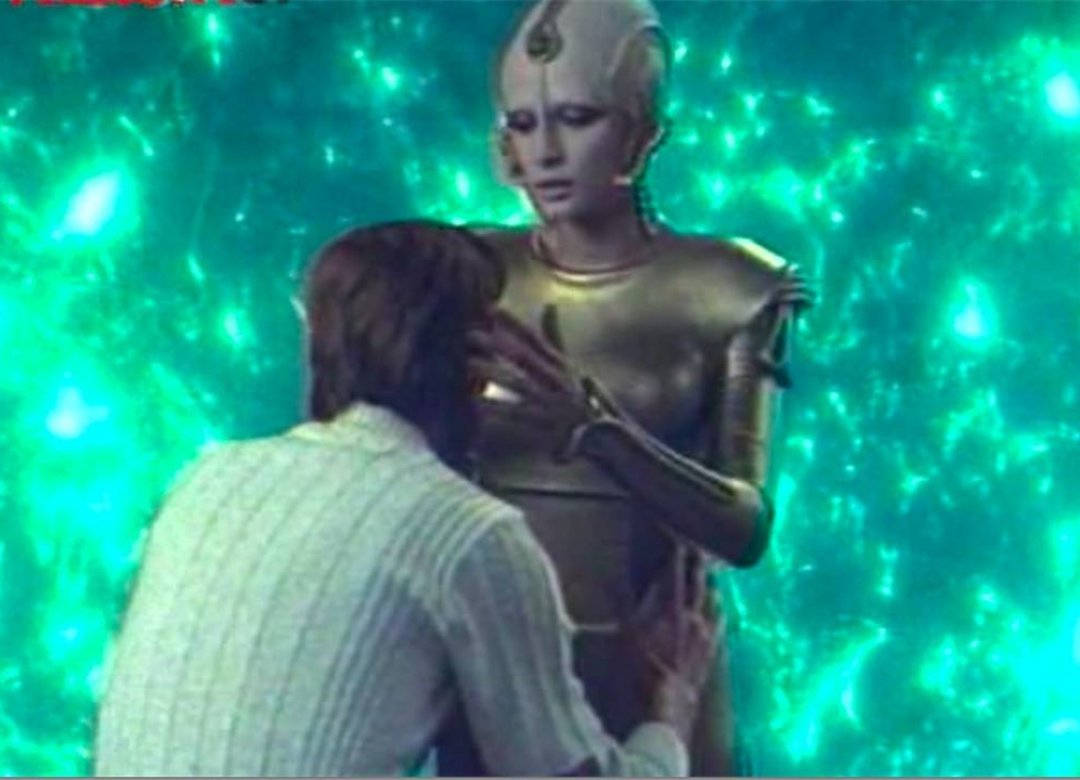Synopse
Three turbulent decades of the last century are reflected through the story of science fiction films made in Socialist Yugoslavia.
Divided by decades and unraveled chronologically, One Dying Star opens in the 60s with Cold War at its peak. Yugoslavia is leading the Non-Aligned Movement and its economy starts getting the first whiffs of capitalist mentality. Yugoslav Communism was different and so was Yugoslav Sci-fi. Mostly aimed at kids or very niche art house audiences, Yugoslav Sci-fi films were based around a unique set of values, ranging from the perpetuation of leftist ideological practices to further affirmation of the Non-Alignment ideology.
Our film intends to set the story of Yugoslav Sci-fi cinema against the backdrop of social and political dynamics, including the breakup of the country. Advances in science, modernist architecture, political concepts of self-management which included utopian elements and the overall change of lifestyle encapsulated in consumerism shaped a very special imaginaria of Yugoslav society and local Sci-fi.
Even though Yugoslav Sci-fi is terra incognita when it comes to film history and especially foreign audience, the genre actually attracted such famous auteur like Golden Berlin Bear-winner Želimir Žilnik, Oscar-winner Dušan Vukotić and Oscar-nominee Veljko Bulajić.
The film is made mostly out of archive materials, both from the movies they talk about and actual footage of the times. Testimonies of filmmakers, film critics and theorist on the subject such as Slavoj Žižek, Branko Dimtirijević and Nenad Polimac paint the audio background and bring the story about intersected dreams of the society as channeled through Sci-fi genre.
With tens of features to cover and major directors involved in the genre, with the vibrant social and political context, this is a promising subject that will take us to the next frontier of Yugoslav film and culture study, where no man has gone before.
Divided by decades and unraveled chronologically, One Dying Star opens in the 60s with Cold War at its peak. Yugoslavia is leading the Non-Aligned Movement and its economy starts getting the first whiffs of capitalist mentality. Yugoslav Communism was different and so was Yugoslav Sci-fi. Mostly aimed at kids or very niche art house audiences, Yugoslav Sci-fi films were based around a unique set of values, ranging from the perpetuation of leftist ideological practices to further affirmation of the Non-Alignment ideology.
Our film intends to set the story of Yugoslav Sci-fi cinema against the backdrop of social and political dynamics, including the breakup of the country. Advances in science, modernist architecture, political concepts of self-management which included utopian elements and the overall change of lifestyle encapsulated in consumerism shaped a very special imaginaria of Yugoslav society and local Sci-fi.
Even though Yugoslav Sci-fi is terra incognita when it comes to film history and especially foreign audience, the genre actually attracted such famous auteur like Golden Berlin Bear-winner Želimir Žilnik, Oscar-winner Dušan Vukotić and Oscar-nominee Veljko Bulajić.
The film is made mostly out of archive materials, both from the movies they talk about and actual footage of the times. Testimonies of filmmakers, film critics and theorist on the subject such as Slavoj Žižek, Branko Dimtirijević and Nenad Polimac paint the audio background and bring the story about intersected dreams of the society as channeled through Sci-fi genre.
With tens of features to cover and major directors involved in the genre, with the vibrant social and political context, this is a promising subject that will take us to the next frontier of Yugoslav film and culture study, where no man has gone before.
Fotogalerie


